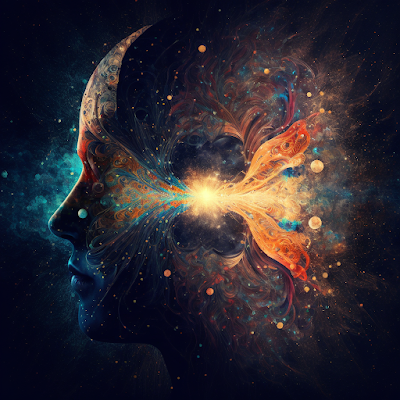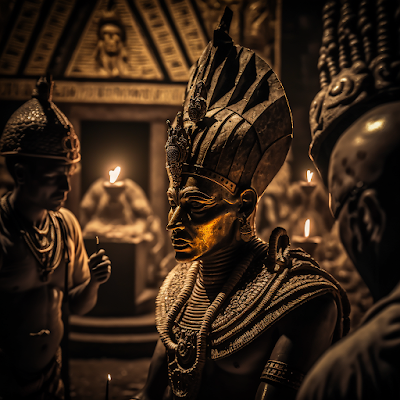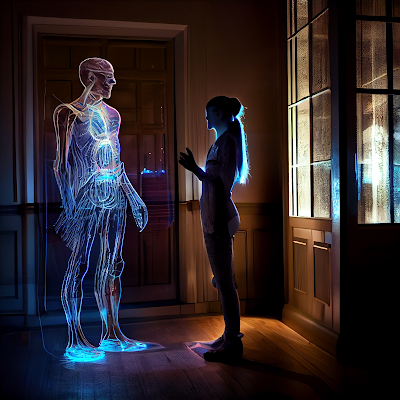Exploring the Concept of God: Beliefs, Interpretations, and Arguments
Introduction
Have The
concept of god has been a subject of debate and discussion for thousands of
years, and it continues to be an important topic in today's world. This blog
post explores the various beliefs, interpretations, and arguments surrounding
the idea of god.
The Beliefs and Interpretations of
God
The concept
of god varies greatly among different religions and belief systems. The
monotheistic religions of Judaism, Christianity, and Islam believe in one
all-powerful god who created and governs the universe. Polytheistic religions
such as Hinduism and ancient Greek religion, on the other hand, believe in
multiple gods and goddesses who rule over specific aspects of the natural
world. Some people also believe in a spiritual force or energy that runs
through the universe, while others believe in a higher power that is present in
all living things.
The Concept of God in Non-Religious
Belief Systems
The idea of
god is not limited to religious belief systems. Many non-religious belief
systems also acknowledge the existence of a higher power or spiritual force. In
some indigenous cultures, the natural world is seen as sacred, and the forces
of nature are revered as gods or goddesses. Additionally, some people believe
in a universal consciousness or energy that connects all living things.
The Exploration of God in Literature,
Art, and Philosophy
The concept
of god has been explored in literature, art, and philosophy throughout history.
Many philosophers have attempted to define and understand the concept of god,
with some arguing that it is a necessary part of explaining the existence of
the universe and others maintaining that belief in god is unnecessary.
Similarly, many works of art and literature have explored the idea of god,
depicting various interpretations and beliefs surrounding the concept.
Arguments for the Existence of God
One of the
most famous arguments for the existence of god is the cosmological argument,
which states that everything in the universe must have a cause, and that cause
must be an uncaused, eternal, and necessary being - which is god. Similarly,
the teleological argument states that the universe exhibits signs of purpose
and design, and that this must have been created by a designer - again, god.
Arguments against the Existence of
God
On the other
hand, there are arguments against the existence of god. One of the most famous
is the problem of evil, which states that the existence of evil and suffering
in the world is incompatible with the existence of an all-powerful,
all-knowing, and all-good god. Similarly, the argument from non-belief states
that if god existed and wanted all people to believe in it, then everyone
would. But since many people do not believe, it is unlikely that god exists.
Conclusion
The concept
of god is a complex and multifaceted topic that has been explored and debated
for centuries. While there are many different beliefs and interpretations of
god, it is clear that the idea of a higher power has played a significant role
in shaping human culture and society throughout history. Whether one believes
in god or not, understanding the various arguments and interpretations
surrounding the concept can provide valuable insights into human nature and the
world around us.














Comments
Post a Comment